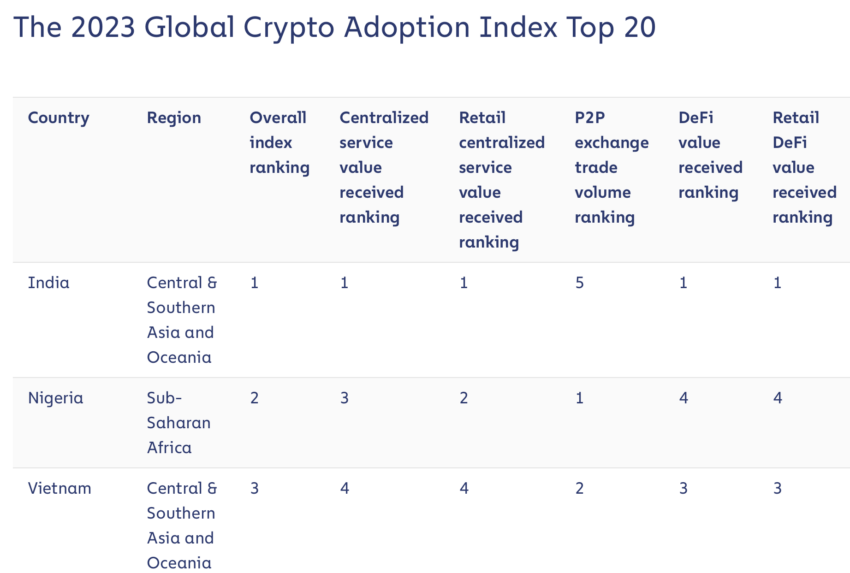India Crypto Ban: Binance, Kraken, and Others Removed from Apple’s App Store
India’s financial landscape experienced a seismic shift following the government’s stringent enforcement against cryptocurrency exchanges. On December 28, 2023, the Indian Financial Intelligence Unit (FIU), operating under the Ministry of Finance, took a decisive step by issuing show-cause notices to nine major offshore crypto exchanges. Prominent names like Binance, Kraken, and Huobi were among those targeted for failing to comply with India’s anti-money laundering regulations. This development marks a pivotal moment in India’s approach to regulating the burgeoning cryptocurrency market.
In a parallel move, technology giant Apple has withdrawn these exchanges’ applications from its App Store in India, a decision echoing the government’s growing concerns about the legality and security of these platforms. This step by Apple significantly alters the availability and accessibility of crypto trading in the Indian market, potentially impacting a vast number of users.
Regulatory Compliance: A New Mandate for Crypto Exchanges
The FIU’s mandate requires crypto exchanges to register as “Reporting Entities” under the Prevention of Money Laundering Act (PMLA) 2002. This act obliges virtual digital asset service providers to maintain stringent record-keeping and reporting practices. Many offshore exchanges, however, have sidestepped this registration, thereby operating outside India’s anti-money laundering framework. This oversight not only poses risks to Indian consumers but also undermines the integrity of the financial system.
Indian users of these international platforms now face a crucial juncture. They must transfer their assets to Indian exchanges registered with the FIU to safeguard their investments and stay compliant with national regulations. This realignment is crucial for maintaining control over their assets and mitigating risks linked to non-compliant platforms.
Apple’s Stance and the Ongoing Accessibility of Crypto Services
Apple’s decision to delist apps such as Binance, Kraken, Huobi, Gate.io, Bittrex, OKX, and Bitfinex from the Indian App Store follows the FIU’s request to India’s IT Ministry to block their websites. Despite this, these apps remain listed on Google’s Play Store in India, and their websites are still accessible nationwide. Existing app users can continue to use these platforms, but new downloads are now restricted.
In response to the evolving situation, Binance South Asia expressed its commitment to complying with local regul ations and maintaining a dialogue with regulators globally. This statement highlights the company’s dedication to resolving regulatory issues while continuing to serve its existing user base.
India’s Crypto Market: A Balancing Act Between Regulation and Innovation
The Indian government’s stance on cryptocurrencies has been cautious and, at times, restrictive. The Reserve Bank of India initially banned cryptocurrencies, a decision later overturned by the Supreme Court. However, the central bank continues to express reservations about virtual digital assets, often likening them to speculative schemes.
The introduction of a stringent taxation policy on cryptocurrency transactions in India further complicates the landscape. With a 30% tax on gains and a 1% transaction fee, Indian traders are increasingly turning to global platforms that, until recently, demanded less rigorous customer verifications than domestic exchanges.
This shift in trader preference has sparked debate within the crypto community. Some members suggest that the government should focus on reducing crypto taxes to prevent users from resorting to alternative means like VPNs to access offshore exchanges.
Despite these challenges, India ranks highly in Chainalysis’ 2023 global crypto adoption index. This prominent position underscores the country’s potential in the global cryptocurrency market and highlights the need for a balanced approach to regulation that fosters growth and innovation.

2023 Global Crypto Adoption Index. Source: Chainalysis

Comments are closed.